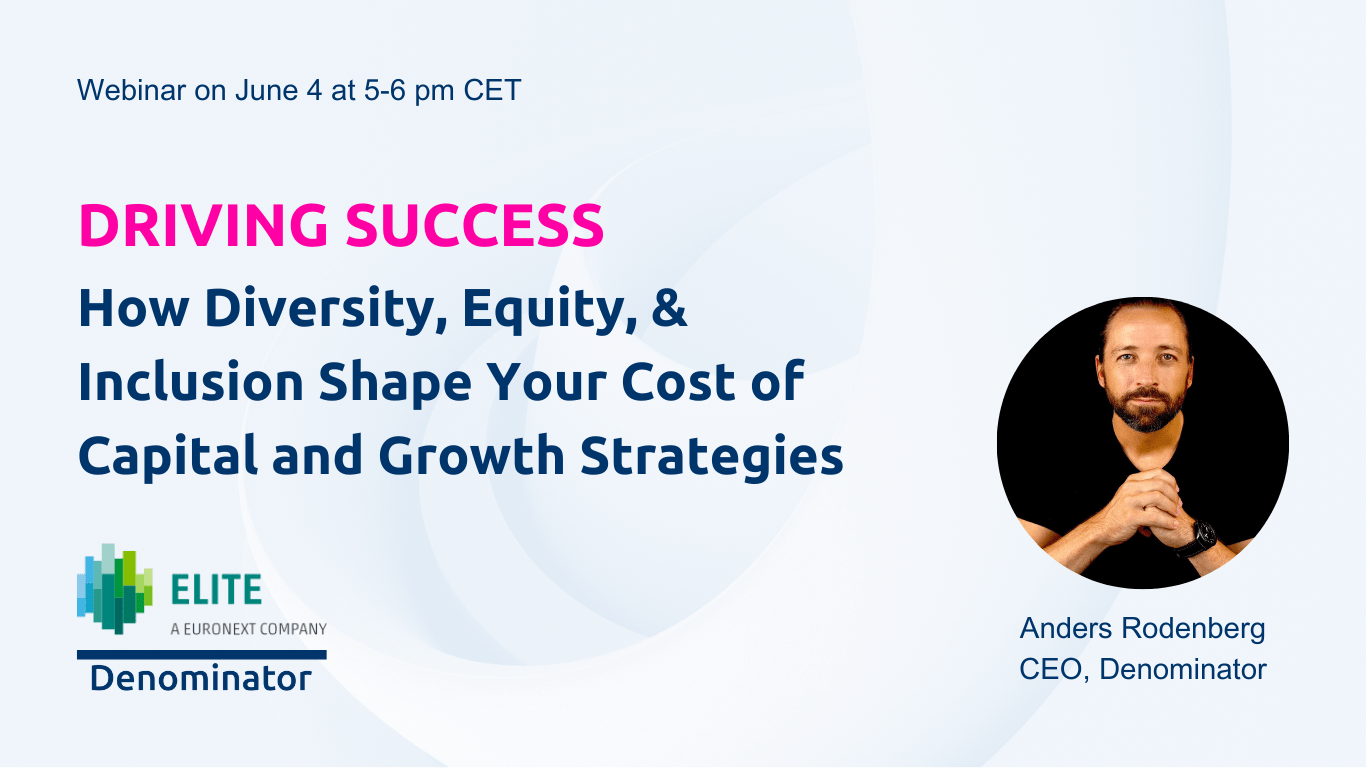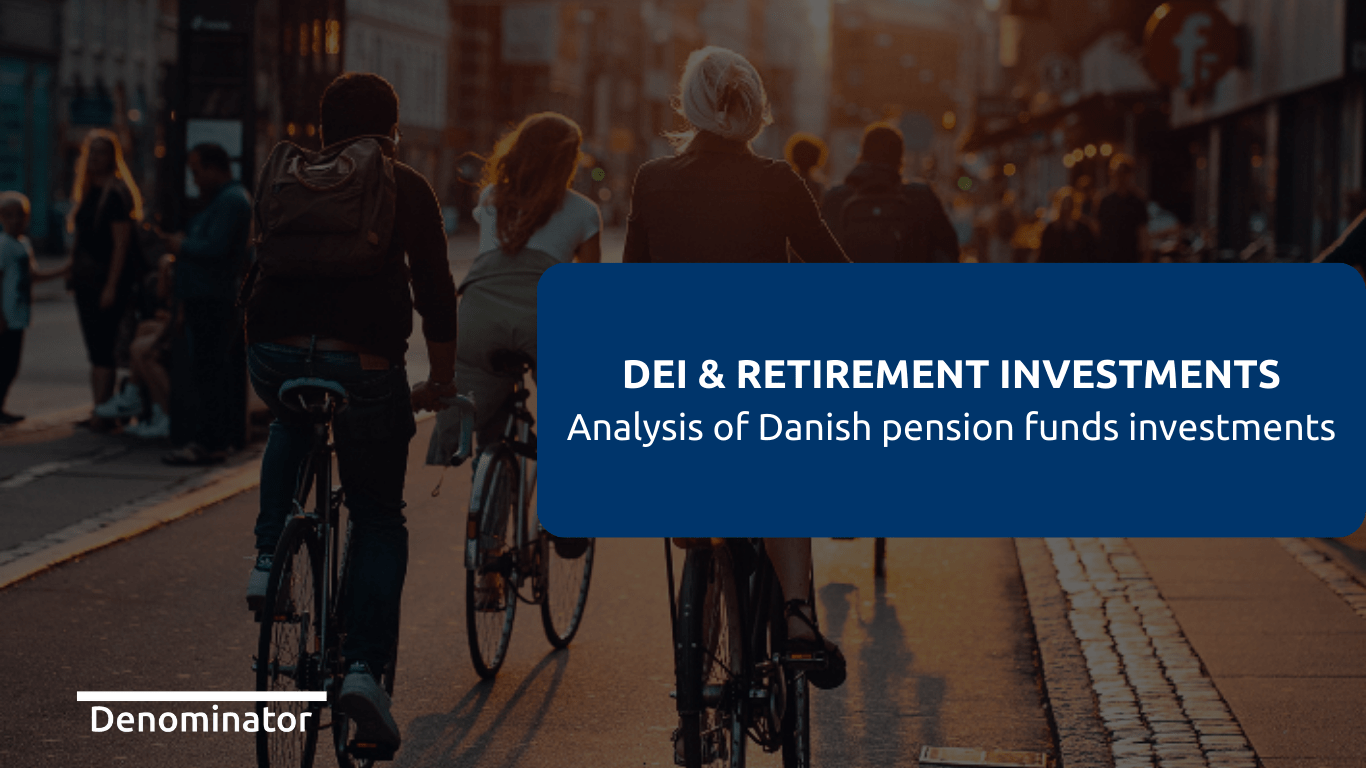ESG is short for Environmental, Social and Governance, which essentially is a composition of three emerging, but very important risk parameters when choosing the right investments. “At its core, ESG investing is about influencing positive changes in society by being a better investor,” says Hank Smith, Head of Investment Strategy at The Haverford Trust Company. But recent papers question the usefulness of ESG ratings e.g., a paper from MIT suggest, “that ESG rating divergence is not merely driven by differences in opinions, but also by disagreements about underlying data”, which is why a company can receive completely different ratings. Different ESG ratings on same companies could cause investors to lose faith in ESG investments which then again would have a negative impact on the capital available to influencing positive change in society.
Investors have always cared about risk, but for more than 100 years the financial risk of a company has been the main (if not only) area of focus when investing. However, over the last 20 years several additional parameters have entered the minds of investors. Although, each area is distinguished and different from financial performance, they are all indirectly linked to financial performance.
Take for example Transfer Pricing (Tax Risk), which is about ensuring multi-national or multi-state companies pay the correct tax in each jurisdiction to avoid surprising financial adjustments, large fines, or reputational damages.
Another important area is regulatory risk such as Sanctions, Anti-Money Laundering (AML), and Anti-bribery legislations. The financial performance is drastically affected, if a company gets on a sanctions list or the financial performance is driven by illegal activities.
Similar is the risk of Cyberattacks, as good financials could be irrelevant if a company gets hacked because of poor IT-security and loses valuable R&D, customers data or have its operations stalled until a cyber-ransom is paid.
ESG is the newest area of investor’s attention and rightfully so, one could say. Given the environmental risks a company can face e.g., flood risk, carbon fees, etc., but also given the risk of poor governance or more importantly: poor social performance. Generation Z and Millennials have no interest in working for companies, that don’t treat their employees well and companies with high level of Diversity, Equity & Inclusion (DEI) outperform their peers in business performance.
All three areas of ESG are important, but why does the market not treat them separately; just like it is done with Credit, Tax, Cyber or Sanctions?
The fundamental problem with ESG ratings is treating it as one aggregated rating for three separate areas, as they don’t necessarily correlate. The market doesn’t aggregate numbers or ratings for Tax, AML, and Cyber Risk (TAC), but instead have separate risk assessments for each area. Even if we imagined TAC-rating providers existed, we would not expect such ratings to correlate as each provider would have a different opinion on what indicators to review and how to measure Tax, AML, or Cyber Risk – not to mention how to weight the three scores into one aggregated TAC-rating.
If granularity in data and granularity in ratings are the two key components of understanding and managing a risk area, then will the investment industry sooner or later move away from the consolidated term ESG?



